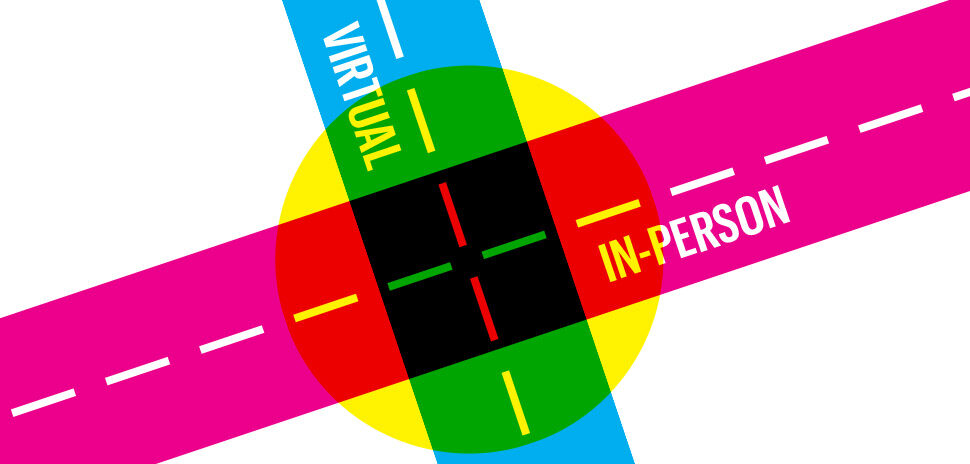As COVID-19 continues to surge, many are sticking with stay-at-home orders, despite most malls and shopping centers opening their doors with stringent mask and social distancing guidelines. But even in a post-pandemic world, those habits might not change, according to a new survey from Dallas-based Kibo.
Kibo, a unified commerce platform that delivers personalized omnichannel experiences, teamed up with Drapers, the “leading authority on fashion retailing in the UK,” to study Gen Z and Millennial shopping habits that have come as a result of COVID-19.
Kibo and Drapers conducted a study of 2,000 consumers, split between Gen Z (18-25 years old) and Millennials (26-40 years old) to uncover important elements on their shopping habits.
The biggest takeaway overall was that younger adult generations have shifted their preference toward online shopping, with more than half planning to shop in brick-and-mortar stores less than before COVID. The breakdown equated to 30 percent of Gen Z and 36 percent of Millennials.
Both generations—28 percent of Gen Z and 24 percent of Millennials—say they will actually up their online shopping, and enjoy it more than going to a physical store.
“Younger adult generations were already online shopping fans before the Covid-19 pandemic, and this research shows that they’ve moved even further toward digital channels,” Lisa Kalscheur, Kibo’s CMO, said in a statement. “The research shows that retailers need to unify the customer experience online and off more than ever before. Consumer demand for convenience requires modern commerce and order management capabilities.”
Both Gen Z and Millennials shared a strong preference for social media posts from brands, with 64.2 percent of Gen Z in particular noting that they find shopping inspiration on Instagram. Gen Z was also much more willing to pay more for sustainable fashion, rather than a brand that didn’t share their values.
According to Kibo, 55 percent of Millennials cited convenience as their top online shopping benefit, with 51 percent of Gen Z citing price comparison. Both age groups want improvement in ‘better fit technology’ and ‘better images’ when shopping online, and dislike waiting for deliveries and guessing on fit.
“Gen Z in particular is showing that they expect a shopping experience that offers convenience online, and that they will choose brands that align with their own values and preferences,” Kalscheur said. “Now is not the time for retailers to guess how to create better online shopping experiences, and this research provides a clear path for the adult generations that will lead our economy in the coming years.”
![]()
Get on the list.
Dallas Innovates, every day.
Sign up to keep your eye on what’s new and next in Dallas-Fort Worth, every day.






























